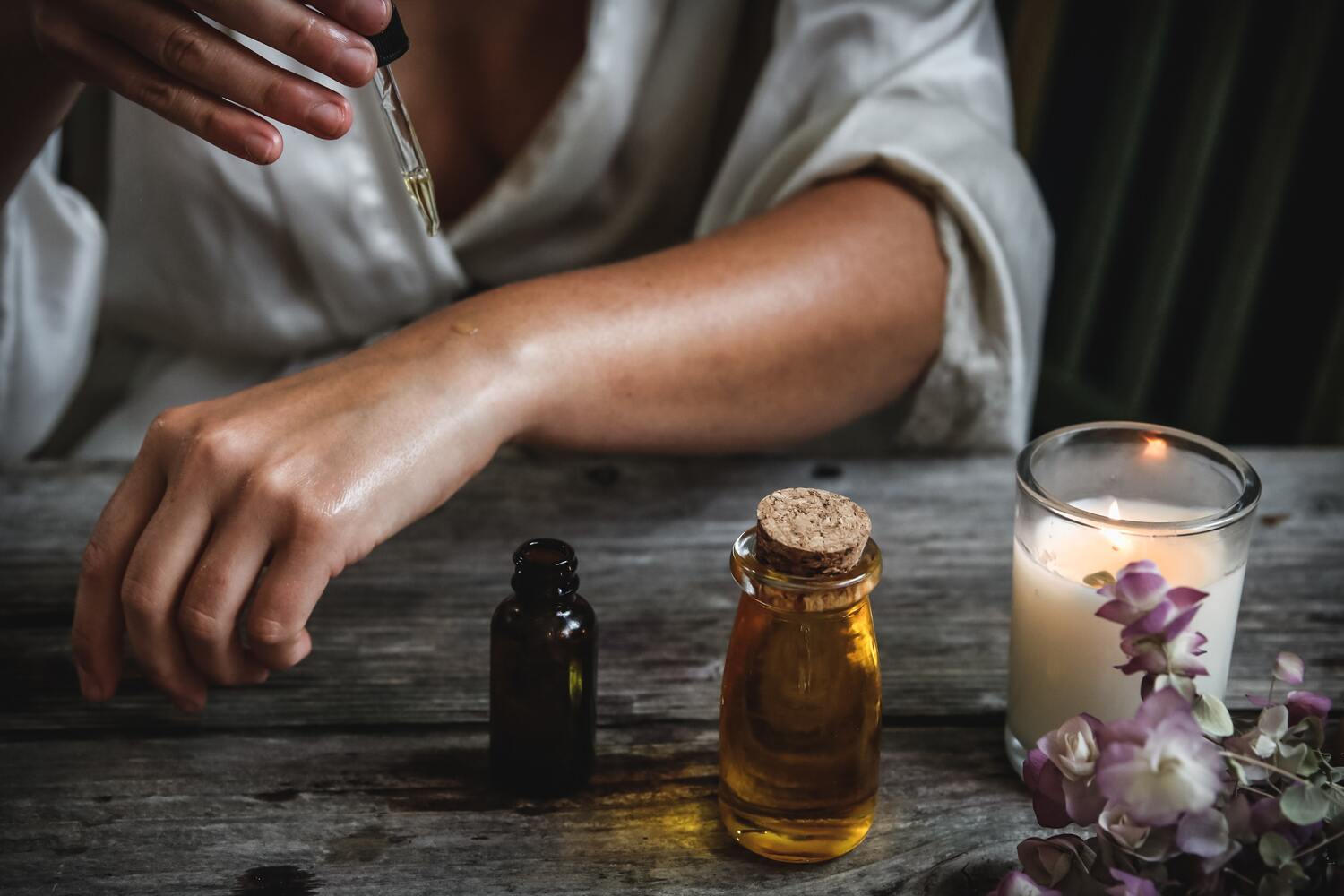Genital warts may not always need treatment unless they cause discomfort. Many people claim that different herbal treatments may be used to treat genital warts.
Human papillomavirus (HPV) is the cause of most genital warts. Unfortunately, it's impossible to completely cure HPV – though some remedies may reduce the symptoms temporarily. Furthermore, not everyone infected with HPV develops genital warts.
You may need to see your doctor for treatment and a proper diagnosis. You could also try some home remedies for treatment. Continue reading to learn about 6 home remedies for genital warts.
Home Treatments For Genital Warts
There are a few different home treatments that can be effective in getting rid of genital warts. These include:
Diet Changes
Having genital warts strains your body. Your body may struggle to cope with any other health issues in addition to warts if you do not have a clean eating focused diet.
To help your body recover quicker, minimize immunological irritants such as smoking and eat a diet high in processed or low-nutrient foods. Foods to include in your diet include;
- foods high in antioxidants,
- whole grains,
- dark leafy greens,
- beans
These meals may help improve your immune system and reduce the likelihood of HPV recurrence.

Tea Tree Oil
Essential oils have been examined for their antifungal properties, as well as other health advantages. Tea tree oil is an essential oil that has been shown to be effective against fungus as well as other creatures such as head lice.
To use, dilute 1 drop of tea tree oil with 1 to 2 drops of carrier oil. Directly apply a drop of the diluted oil on the wart.
Tea tree oil may cause allergic reactions in some individuals, so try a little quantity on your arm first. It should be okay to use if there is no response after 24 hours.
Tea tree oil may be uncomfortable and induce burning or inflammation, which is how it shrinks the wart. Tea tree oil should not be consumed orally or vaginally. For many weeks, you will need to apply the oil frequently. If it becomes too bothersome, discontinue usage.
Witch Hazel
Witch hazel, like tea tree oil, is a popular treatment for a variety of skin problems. Because it is rather gentle, it is unlikely to bother delicate skin. However, it should not be used on mucous membranes, particularly the vagina or anus.
Witch hazel may be beneficial against HPV type 16, one of the HPV types that causes genital warts. This research, however, is restricted in scope and was not done on people.

Green Tea
Green tea has been demonstrated to be useful in the treatment of genital warts. Sinecatechins ointment is available on prescription. Green tea is concentrated into a chemical in it.
You may also buy green tea extract and apply it on warts at home by mixing a drop or two with coconut oil.
Garlic
Garlic has been utilized for culinary and therapeutic reasons throughout history and across cultures.
Using a diluted garlic extract for two months had the same impact on genital warts as cryotherapy on research participants. For eight weeks, participants used the garlic extract with a cotton tip two times each day and the outcomes were successful.
Apple Cider Vinegar
Apple cider vinegar may aid in the treatment of genital warts at home, thanks to its acidic nature. However, no studies have been conducted to investigate the efficacy of apple cider vinegar on genital warts; thus, further study is required in this area.
You may soak a Q-tip, cotton swab, or piece of cloth in apple cider vinegar and use it on warts if you choose.
It is important to note that removing an external genital wart does not imply that the HPV virus has been eradicated. Although uncommon, HPV may cause genital warts as well as cervical cancer. You might possibly have many types of HPV.
Even if you cure your warts at home, you should see a doctor about them. The virus that causes genital warts may remain latent in your body for an extended period of time. So, even if you cure and remove your warts, they may reappear.
When Should You See Your Doctor?
HPV is a severe virus that has been related to throat, cervical, and other serious problems. Knowing one's HPV status may help limit the spread of the infection. This has the potential to save lives.
Not everyone who has HPV develops genital warts; however, many individuals who have HPV get genital warts.
People who get warts or other lesions on or near their genitals should see a physician. A correct diagnosis helps guarantee proper therapy. It is conceivable that what seems to be genital warts is another illness, such as herpes or bacterial infection. Only a doctor can be certain.















